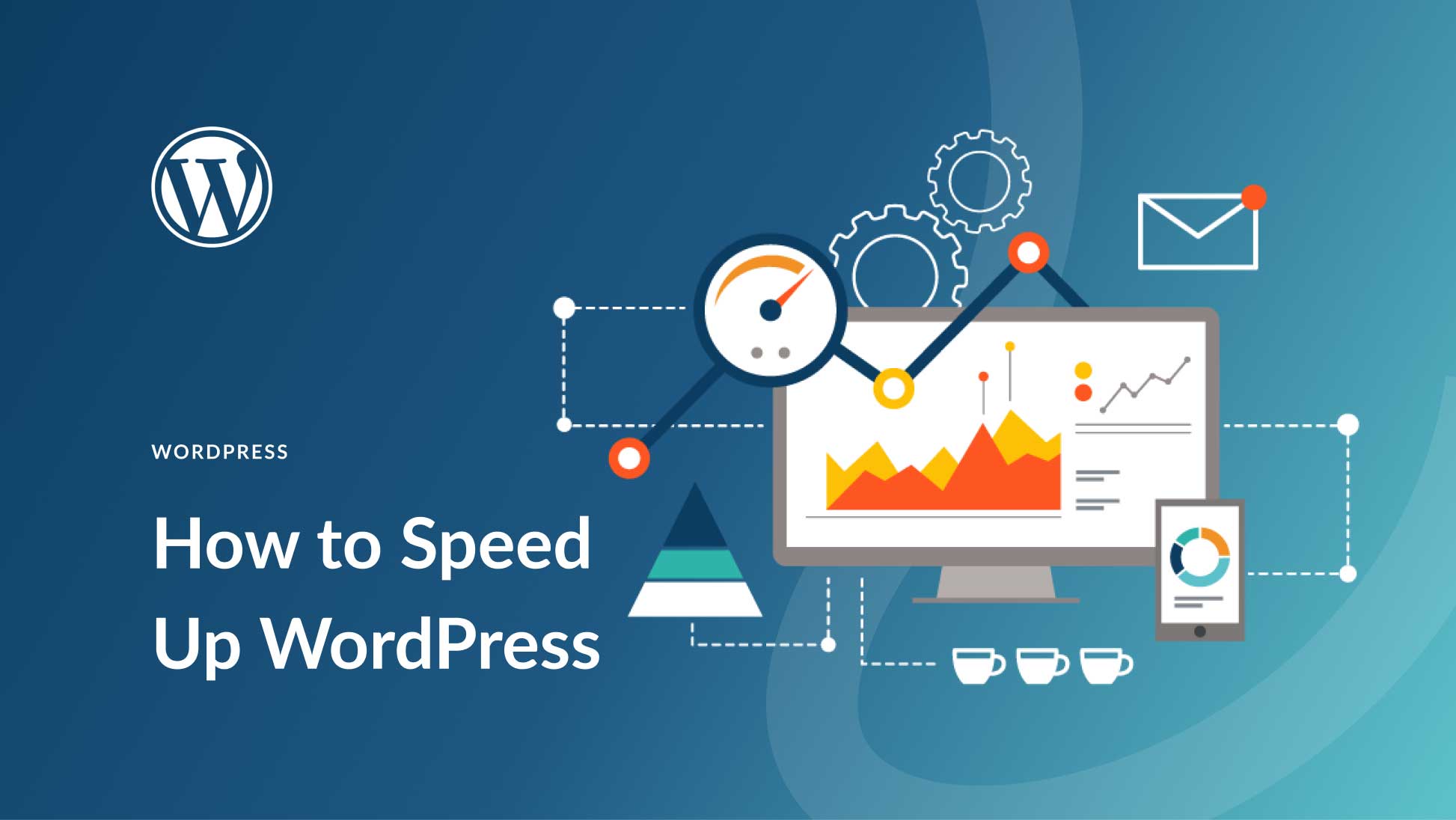How to Speed Up WordPress
WordPress is one of the most popular content management systems on the internet. However, as your website grows and you add more content and features, it can start to slow down. A slow website not only frustrates visitors, but it can also hurt your search engine rankings. In this article, we will discuss some tips and tricks to help you speed up your WordPress website and improve its performance.
1. Choose a Good Web Hosting Provider
The first step in speeding up your WordPress site is to choose a good web hosting provider. A fast and reliable hosting provider is crucial for the performance of your website. Look for a hosting provider that offers SSD storage, has a good uptime guarantee, and provides support for the latest PHP and MySQL versions. Some popular hosting providers that are known for their speed and reliability include SiteGround, Bluehost, and WP Engine.
2. Optimize Your Images
Large images can slow down your website significantly. Make sure to optimize your images before uploading them to your WordPress site. You can use tools like Photoshop, GIMP, or online services like TinyPNG to compress your images without losing quality. Additionally, consider using lazy loading for images, which loads images only when they come into view on the user’s screen.
3. Enable Caching
Caching can dramatically improve the speed of your WordPress site. By enabling caching, your website will store static versions of your pages, which can be served to visitors much faster than dynamically generated pages. There are many caching plugins available for WordPress, such as W3 Total Cache, WP Super Cache, and WP Rocket. Experiment with different plugins to see which one works best for your website.
4. Minimize HTTP Requests
Every time a user visits your website, their browser sends a request to your server to load the webpage. The more HTTP requests your website has to handle, the slower it will load. Minimize the number of HTTP requests by combining CSS and JavaScript files, using CSS sprites, and reducing the number of third-party scripts and plugins on your site.
5. Update Your WordPress Version and Plugins
Make sure to keep your WordPress version and plugins up to date. Developers regularly release updates to improve performance, fix bugs, and enhance security. By keeping your WordPress installation and plugins updated, you can ensure that your website is running smoothly and efficiently. Set up automatic updates for WordPress and plugins to ensure that you are always using the latest versions.
Conclusion
By following these tips and tricks, you can speed up your WordPress website and provide your visitors with a faster and more enjoyable browsing experience. Remember that website speed is crucial for both user experience and search engine optimization. Implementing these strategies can help you improve the performance of your website and ultimately drive more traffic and conversions. Start implementing these changes today and see the difference in your website’s speed and performance!
